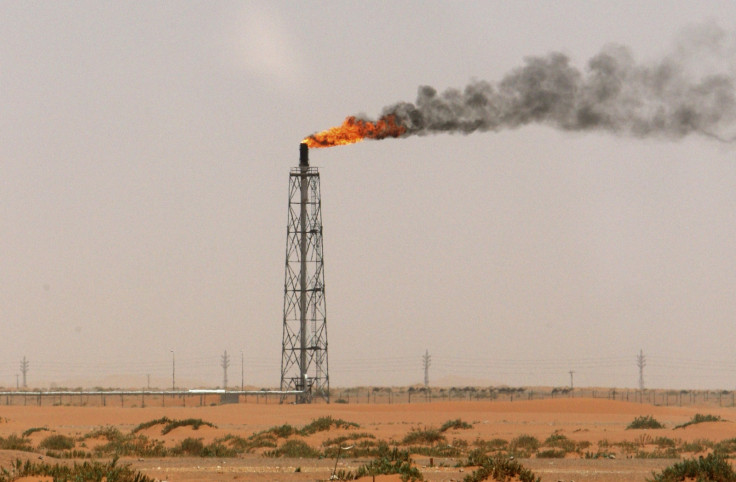Third of oil reserves and 80% coal must be left in ground 'to avoid dangerous climate change'
Latest study shows that the vast majority of coal reserves in China, Russia and the US should remain unused

In order to avoid dangerous climate change, a third of oil reserves, half of gas and over 80% of coal must be left in the ground until 2050, scientists have said.
Published in the journal Nature, experts said these reserves must be left if global warming is to stay below the 2C target set out by policy makers almost 20 years ago.
Study co-author Paul Ekins, director of the UCL Institute for Sustainable Resources, said that at present, we are "headed towards a 5C world".
Research from 2013 found that global temperatures will rise by 4C by the end of the century if carbon emissions are not reduced, rising to 8C by 2200.
The latest study developed a new method for estimating the quantities and locations of the world's remaining oil, gas and coal reserves and resources. The scientists then used an assessment model to work out which of the fossil fuels should be used to meet mankind's energy needs up to 2050.
Findings showed that the vast majority of coal reserves in China, Russia and the US should remain unused. The same went for the 260,000 million barrels of oil reserves and 60% of the gas reserves in the Middle East.
Lead author Christophe McGlade said: "We've now got tangible figures of the quantities and locations of fossil fuels that should remain unused in trying to keep within the 2C temperature limit.
"Policy makers must realise that their instincts to completely use the fossil fuels within their countries are wholly incompatible with their commitments to the 2C goal. If they go ahead with developing their own resources, they must be asked which reserves elsewhere should remain unburnt in order for the carbon budget not to be exceeded."
Ekins added: "Companies spent over $670bn [£430bn] last year searching for and developing new fossil fuel resources. They will need to rethink such substantial budgets if policies are implemented to support the 2C limit, especially as new discoveries cannot lead to increased aggregate production.
"Investors in these companies should also question spending such budgets. The greater global attention to climate policy also means that fossil fuel companies are becoming increasingly risky for investors in terms of the delivery of long-term returns. I would expect prudent investors in energy to shift increasingly towards low-carbon energy sources."
© Copyright IBTimes 2025. All rights reserved.






















